Stewart, Williams and Thick Skins
Many years ago, a politician complained to me about journalists who loved to dish it out but bristled at any criticism directed their way.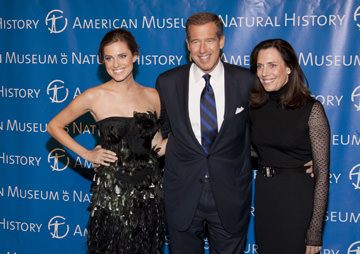
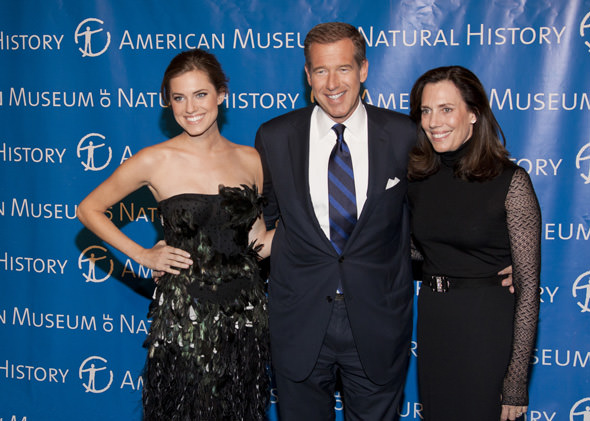
NBC Nightly News anchor Brian Williams, with daughter Allison and wife Jane, attends the American Museum of Natural History’s 2011 gala. (Glynnis Jones / Shutterstock.com)
Many years ago, a politician complained to me about journalists who loved to dish it out but bristled at any criticism directed their way. “Look,” he said, “we politicians may have thin skins, but you guys in the media have no skins.”
He had a point. Media figures don’t usually deal very well with disapproval. Most didn’t enter the field to be part of the fray but to report on it. They’re often unhappy when they’re drawn into a fight, especially about themselves.
Those of us who crossed into opinion writing are partial exceptions. We’re accustomed to having our ideas, motives and integrity attacked. I sometimes think that if no one is angry about what I’ve said, I’m not doing my job.
But things have changed since that politician and I had our conversation. Begin with the fact that it’s hard to know what anyone means anymore when they use the word “media.” Old lines have blurred as the boundaries between reporting and opinionating have become fuzzy. On those televised roundtables, reporters, columnists, politicians and political consultants can seem like interchangeable parts.
More and more journalists, particularly those on television, have become celebrities and — dreaded word! — “brands.” Mistakes are no longer just mistakes. They’re about “damage to the brand,” whether individual or institutional.
And almost every mistake will surface because there are more media critics than ever. We should cheer this. Journalists now have to look over both their left and right shoulders, meaning that ideological pressures on the media have reached a rough balance. Less ideological critics — they include anyone with a computer — can throw our own professed standards in our faces. That’s highly useful, if not always pleasant for us.
Since everyone is sophisticated about media, you already know where I’m going. On front pages Wednesday — I still like print — came the dueling stories of Jon Stewart leaving “The Daily Show” and NBC News’ six-month suspension of Brian Williams.
Be a media critic and ask: Why did I put Stewart first? Because he embodies so many of the changes I’m talking about. He is a gifted comedian, of course, but more than anything else, he is a media critic. He constantly upbraids journalists for how they’ve covered stories, and perhaps more significantly, what they’ve failed to report.
Stewart’s ridicule almost single-handedly killed CNN’s “Crossfire” for a while — a mistake, I have always thought. All the clever irony in the world can’t get us past the fact that passionate, if sometimes contrived, disagreement is an essential part of democracy. “Crossfire” wasn’t always elevated, but political arguments can be like that.
Nonetheless, Stewart is more often right than wrong. He excels at poking at pomposity. What’s not to like about that? He explains complicated matters when regular journalism doesn’t. And he has drawn people into politics through the medium of laughter — a blessing when so much of our political discussion is grim and angry.
As for Williams, I confess a bias in his favor not because of my work and personal ties to NBC but because I know from family members who live in New York City’s Rockaway area that he gave generously of his time and his heart to a place that was flattened by Hurricane Sandy. He lifted up people when they needed encouragement. Yes, honest-to-goodness human feeling can affect even columnists.
Of course he should not have misrepresented his own experiences. He undermined his own credibility and NBC’s. Most important will be whether exaggeration entered into his reporting. And it’s true that the media, which can be so hard on everybody else, need to police their own. Still, this should not diminish our respect for Williams’ obvious feeling for those who suffer.
The problem with our focus on brands and celebrities such as Stewart and Williams is that it distracts us from the reporters doing the day-to-day hard work in city halls, statehouses and everywhere else. They still embody the “iron core” of journalism, as my colleague Alex Jones calls it, and without them, comedians, anchors and a lot of commentators would be out of business.
But we should resist longing for a nonexistent golden age. Whatever problems new media arrangements create, they provide many more sources of information and opinion, multiple forms of accountability, and a wealth of voices poking fun at our failures. This means we media types need to grow much thicker skins, which, my politician friend might say, could make us more humble and increase our capacity for empathy.
E.J. Dionne’s email address is [email protected]. Twitter: @EJDionne.
© 2015, Washington Post Writers Group
This year, we’re all on shaky ground, and the need for independent journalism has never been greater. A new administration is openly attacking free press — and the stakes couldn’t be higher.
Your support is more than a donation. It helps us dig deeper into hidden truths, root out corruption and misinformation, and grow an informed, resilient community.
Independent journalism like Truthdig doesn't just report the news — it helps cultivate a better future.
Your tax-deductible gift powers fearless reporting and uncompromising analysis. Together, we can protect democracy and expose the stories that must be told.
This spring, stand with our journalists.
Dig. Root. Grow. Cultivate a better future.
Donate today.
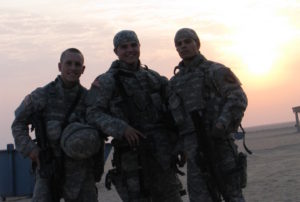
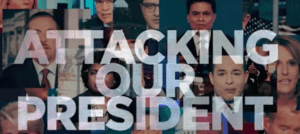

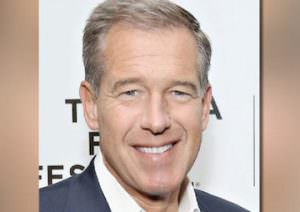
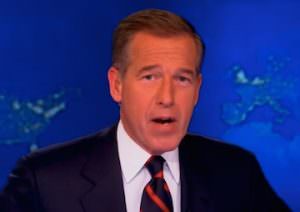
You need to be a supporter to comment.
There are currently no responses to this article.
Be the first to respond.